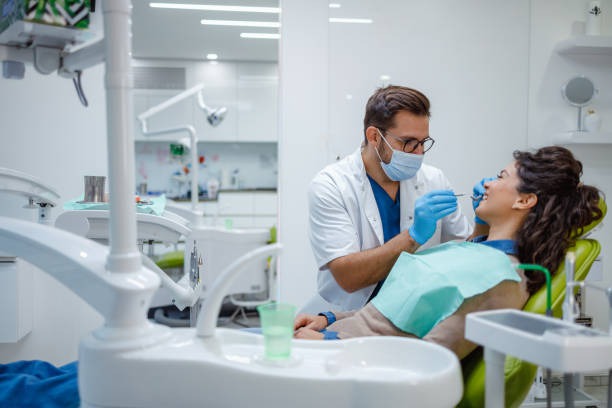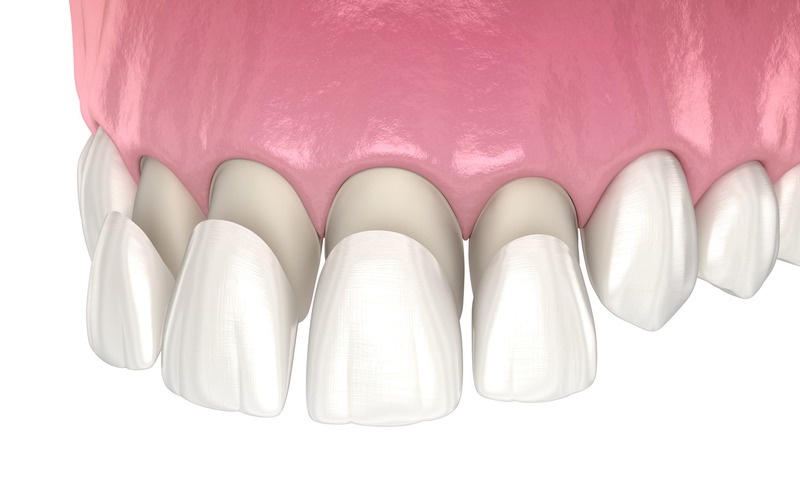Oral cancer is a term that often gets tossed around, yet many people aren’t quite sure what it entails. In simple terms, oral cancer refers to cancers that occur in the mouth and other areas of the oral cavity, like the tongue, gums, lips, and throat. It’s a serious condition that requires timely identification and treatment to prevent severe complications. Let’s break down the essentials of recognizing oral cancer and when it’s time to raise the red flag and seek professional help.
1. Common Symptoms of Oral Cancer
Oral cancer can appear in several forms. Understanding the common indicators is crucial for early detection and successful intervention. Here’s what you should watch for:
-
Persistent Mouth Sores: If you notice sores in your mouth that don’t heal within two weeks, it’s a cause for concern.
-
Lumps or Thickened Areas: If you notice any unusual lumps or thickened areas on your gums, cheeks, or other parts of the mouth, you should have them examined by a professional.
-
White or Red Patches: Discolored patches can be an early warning sign and should be checked promptly.
-
Difficulty Swallowing or Chewing: While these symptoms may occur for several reasons, having them persist is a red flag.
-
Unexplained Bleeding: Any unexpected bleeding in the mouth warrants further investigation.
-
Numbness or Pain: Persistent numbness or pain in the mouth or ear should not be ignored.
2. When to Seek Professional Help
Deciding when to seek help can be a daunting choice, especially if you’re unsure about the symptoms you’re experiencing. Here are some guidelines:
-
Time Matters: If a symptom persists for more than a couple of weeks, it’s time to get it checked.
-
Changes in the Oral Cavity: Any visible or felt changes should prompt a visit to a healthcare professional.
-
Trouble Eating or Drinking: Difficulties here, coupled with other symptoms, should fast-track your decision to seek help.
-
Ongoing Discomfort: Lingering discomfort, even if it’s minor, can indicate an underlying issue.
3. The Importance of Regular Checkups
Regular dental checkups play a significant role in preventing and identifying oral health issues, including cancer. They allow professionals to detect and address problems before they become more severe.
How Often Should You Go?
For most adults, visiting the dentist every six months is recommended. However, if you have risk factors such as a family history of oral cancer or use of tobacco products, more frequent visits may be advised.
Professional Screenings
Experienced health professionals provide thorough examinations that go beyond what you can do at home. This is where specialized services like Spotsylvania oral cancer screening can be beneficial. Screenings with advanced tools and techniques can catch early signs of trouble that are easy to miss.
4. Embracing Prevention
While recognizing symptoms is critical, embracing preventive strategies can save a lot of heartache. Here are some proactive steps:
-
Quit Smoking: Tobacco use is a major risk factor for oral cancer. Quitting can significantly reduce your risk.
-
Limit Alcohol: Excessive alcohol consumption has been linked to oral cancer; moderation is key.
-
Eat Healthily: A balanced diet with plenty of fruits and vegetables can boost your immune system.
-
Protect Your Lips: To guard against harmful sun exposure, apply UV-blocking lip balm or sunscreen.
5. Beyond Cancer: Common Dental Treatments
It’s not just cancer that needs attention in the dental realm. Many oral health issues require proper treatment to ensure a healthy mouth. Common dental treatments include fillings, root canals, and crowns. These procedures maintain the overall health and functionality of your mouth, preventing various diseases, including oral cancer.
6. Busting Myths About Oral Cancer
There are many misconceptions about oral cancer, and these myths can prevent people from getting the help they need. Let’s tackle some of them:
-
“I’m Too Young for Oral Cancer”: Oral cancer can affect anyone, regardless of age.
-
“Oral Cancer is Only for Smokers”: While smoking increases risk, non-smokers can also develop oral cancer.
-
“It’s Just a Mouth Sore”: Persistent sores should never be dismissed as they can indicate more serious conditions.
7. Treatment Options for Oral Cancer
If diagnosed with oral cancer, there are several treatment paths to consider. These may be used alone or in combination:
-
Surgery: Often used to remove cancerous tissues.
-
Radiation Therapy: Targets and kills cancer cells.
-
Chemotherapy: Uses drugs to destroy cancerous cells.
-
Targeted Therapy: Focuses on specific molecules involved in cancer growth.
The treatment choice depends on several factors, including cancer stage and location.
8. Recovery and Aftercare
Recovery from oral cancer treatments demands care and support. Here’s what you or your loved one might expect:
-
Regular Check-Ins: Frequent follow-up visits ensure everything is on track.
-
Rehabilitation Services: Some may need speech therapy or dietary modifications post-treatment.
-
Emotional Support: Dealing with cancer can be overwhelming, and having a support system can make all the difference.
9. Why Professional Care Matters
Professional care matters because it provides the expertise to identify symptoms and implement the correct course of treatment. Services like periodontal therapy in Spotsylvania offer strategic and effective solutions to maintain your oral health and understand the risks associated with diseases like oral cancer.
Final Thoughts
In conclusion, recognizing the symptoms of oral cancer and seeking professional help early can significantly improve outcomes. Routine dental visits and awareness of changes within the mouth are crucial in catching these issues early. And remember, you are not alone; professional medical staff are there to guide you through both prevention and recovery. Stay vigilant, take care of your oral health, and prioritize regular checkups.


